Blog posts tagged with medical simulation

13 Dec
human behavior research
Healthcare
Simulation-based training – it’s just like the real thing!
By conducting training sessions, students in a simulation lab develop and maintain knowledge, skills, and competencies such as interviewing skills, working with certain equipment, and teamwork procedures.
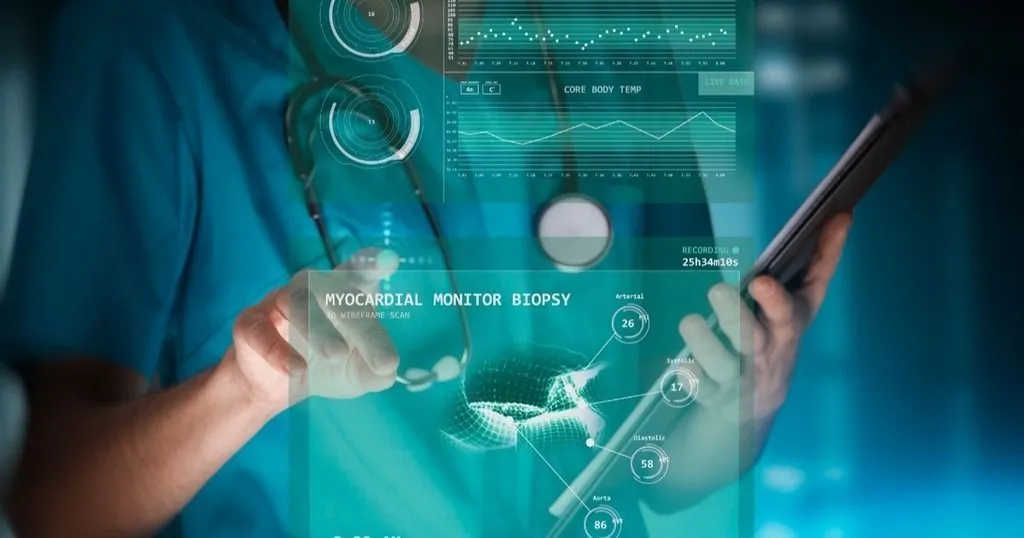
27 Oct
human behavior research
Healthcare
Exploring learning experiences of undergraduate nursing students
Simulation-based training sessions are essential in healthcare education. How do nursing students experience the use of a virtual interactive digital simulator compared to a human patient simulation?
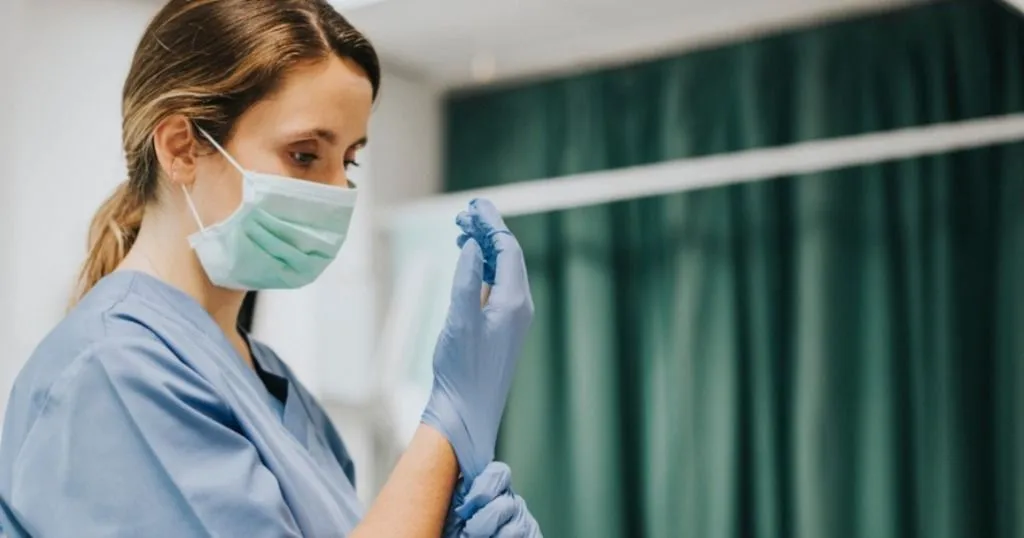
23 Jul
human behavior research
Healthcare
Simulation-based training in times of crisis
Simulation can be a useful tool in the development of new standard operating procedures and policies needed to respond to crises like COVID-19.
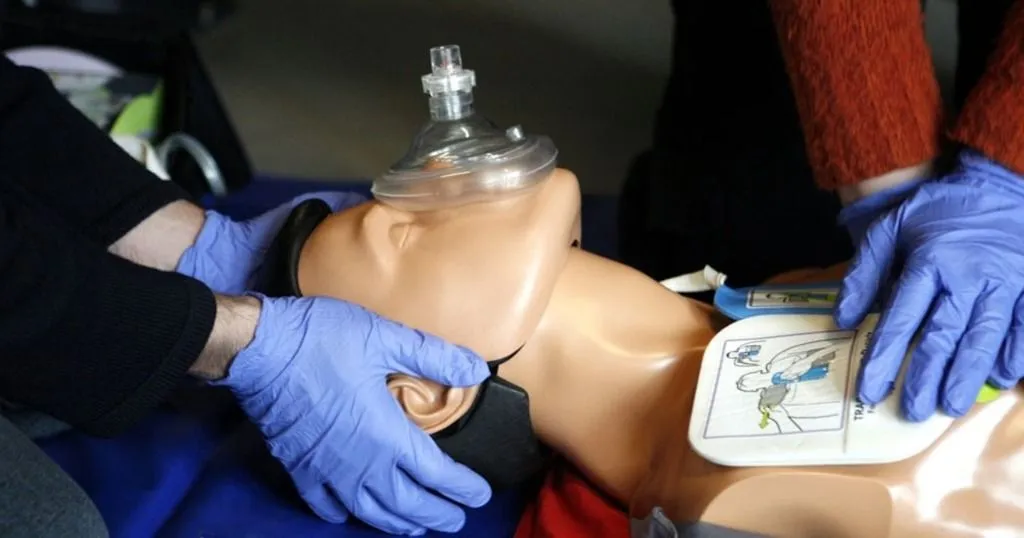
12 Feb
human behavior research
Healthcare
Evaluating ergonomics in healthcare – paramedics
The chance that a paramedic suffers an injury is 3x higher than other occupations. Because of the global health worker shortage, we need to make sure these professionals are taken care of.
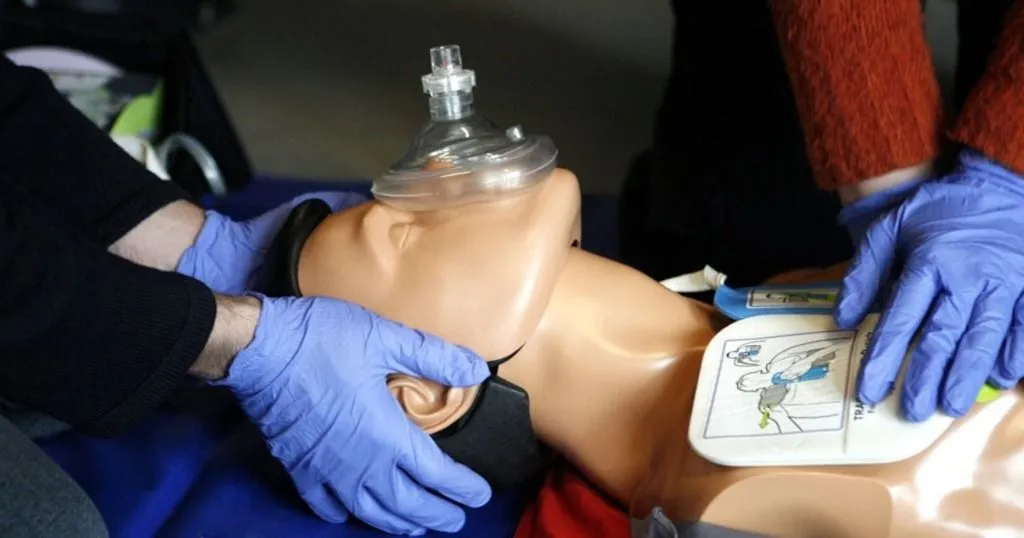
20 Jun
human behavior research
Healthcare
How to assess medical team effectiveness
Healthcare professionals working in an operating or emergency room, frequently deal with unpredictable situations in which they need to stay focused and think clearly. How do they manage that?
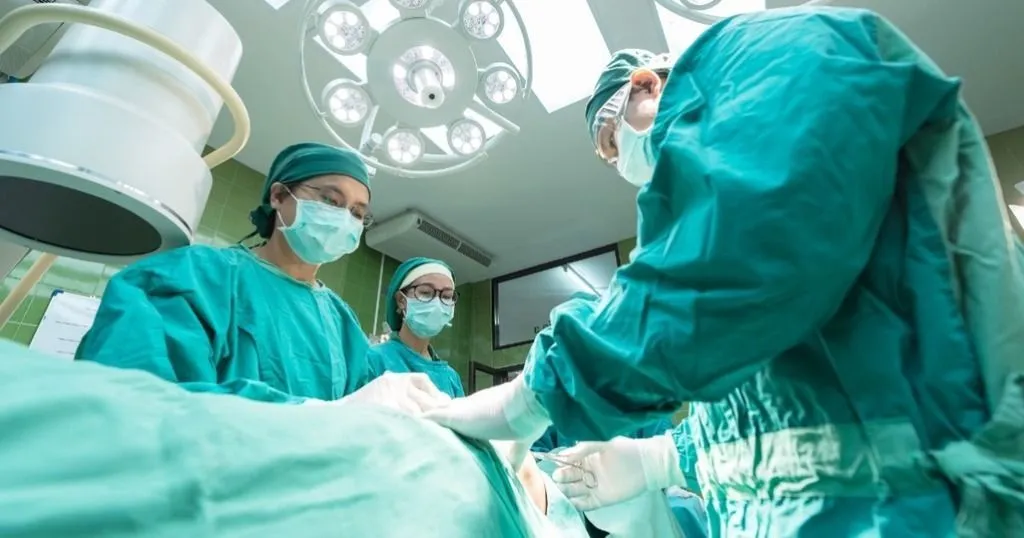
11 Jan
human behavior research
Healthcare
Evaluating the effectiveness of simulation in healthcare
Teamwork is important in many occupations but it is crucial when working under pressure. Most of us can only imagine how stressful it could be when working as a fire fighter or operating room nurse.

01 Nov
human behavior research
Healthcare
Simulation-based team training in obstetrics
The study of Annemarie Fransen and her team shows that simulation-based team training is effective in improving communication and cooperation of obstetric care teams.

18 Jun
human behavior research
Healthcare
The role of explicit bias in working with depressed cardiac patients
Using simulated medical encounters, Dr. Crapanzano and her team measured the influence of bias in the medical students' diagnosis and treatment plans for a patient presenting as mildly depressed.
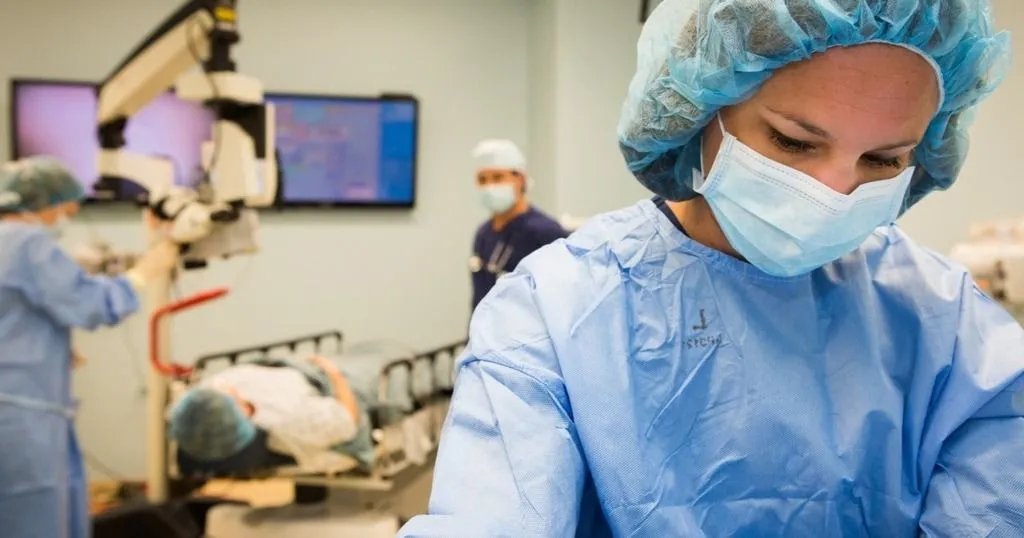
25 Sep
human behavior research
Healthcare
Learn to cooperate toward shared goals using the principles of CRM
Teamwork plays an important role in ensuring patient safety and avoiding errors. The most commonly used method to promote teamwork, is training entire teams together to better prepare them for effective cooperation.
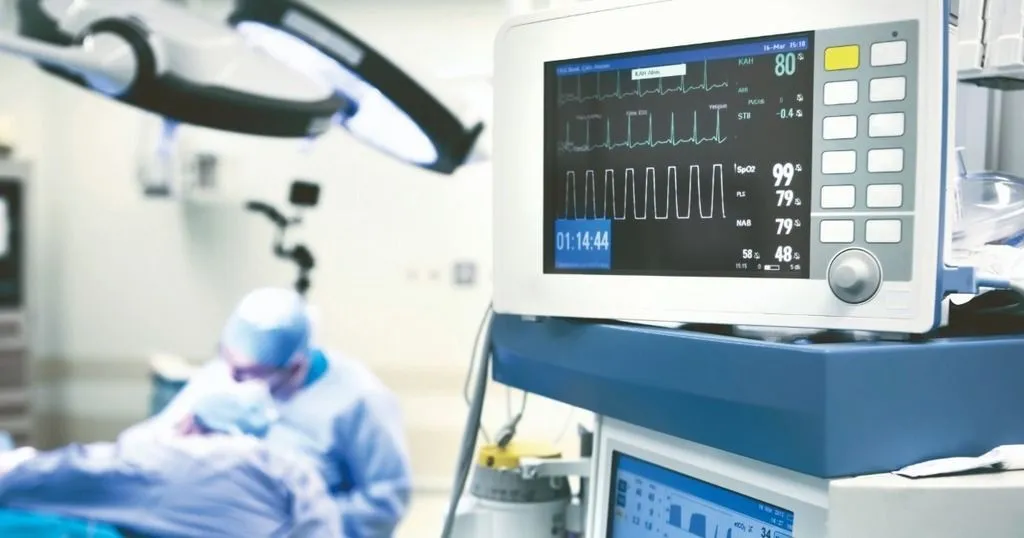
12 Sep
human behavior research
Healthcare
Video recording medical trainees who are interrupted during a complex task
Interruptions in your work have a negative effect on completing your tasks correctly. Jones and her team examined the impact of clinical interruptions on simulated trainee performances during central venous catheterization.